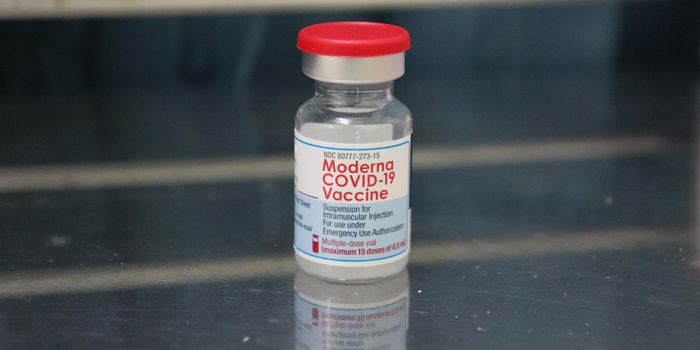Silent Viruses Impact Microbe and Immune Cell Populations
Subclinical infection is an infection that is nearly or completely asymptomatic, they are prevalent in humans and result in lifelong persistence. Examples of subclinical infections include dengue virus, Neisseria gonorrhea, Staphylococcus aureus, Poliovirus, and measles virus among many others. Subclinical infections may alter the immune system and gut microbiota in the host, impacting how we respond to vaccines, pathogens, and environmental stimuli. A recent study published in the Journal of Virology sought to study the impact of subclinical viral infections on the interplay between the host immune response and gut microbiota.
University of California Davis researchers utilized a member of the herpes family, cytomegalovirus, for this study. Cytomegalovirus is a common virus that infects 90% of adults in Africa and 70% in the United States and Europe, despite being ubiquitous it is generally not dangerous unless an individual’s immune system is compromised. While cytomegalovirus infections may be subclinical, it does not mean the virus is inactive in the human host. Researchers conducted the study in preclinical nonhuman primates that were free of subclinical viral infections or animals with subclinical viral infections through natural exposure to investigate the impact on immune cell distribution and function, as well as gut microbiota. Unlike previous studies environmental exposures were not limited, animals were housed in outdoor environments compared to controlled indoor settings.
Animals infected with cytomegalovirus had higher levels of Firmicutes and other butyrate-producing bacteria, butyrates are fatty acids that reduce inflammation and boost genes that help cytomegalovirus survive in the body. Regarding the immune response animals infected with cytomegalovirus showed a general increase in immune activity, specifically increased lymphocytes and cytokine-product T cells, but showed diminished antibodies responding to influenza vaccination. The data showed the subclinical cytomegalovirus infection heightens host immunity and gut microbiota changes in response to environmental stimuli. These changes may explain the heterogeneity in host immune response to vaccines and environment at the population level.
Dr. Satya Dandekar, the senior author on the paper, said "There's a high degree of variation at the population level of how people respond to vaccines, and all the factors that contribute to these variations are not fully understood. Our paper shows the subclinical CMV infections may be one of the issues that contribute to that immune variation. This opens a new opportunity to come up with novel approaches to optimize and position the immune system to have higher quality responses to vaccines". Future studies will focus on the effect cytomegalovirus subclinical infections may have on other vaccines as well as continuing to better understand how subclinical viruses affect the immune system in general.
To learn more about Cytomegalovirus watch the video below!









